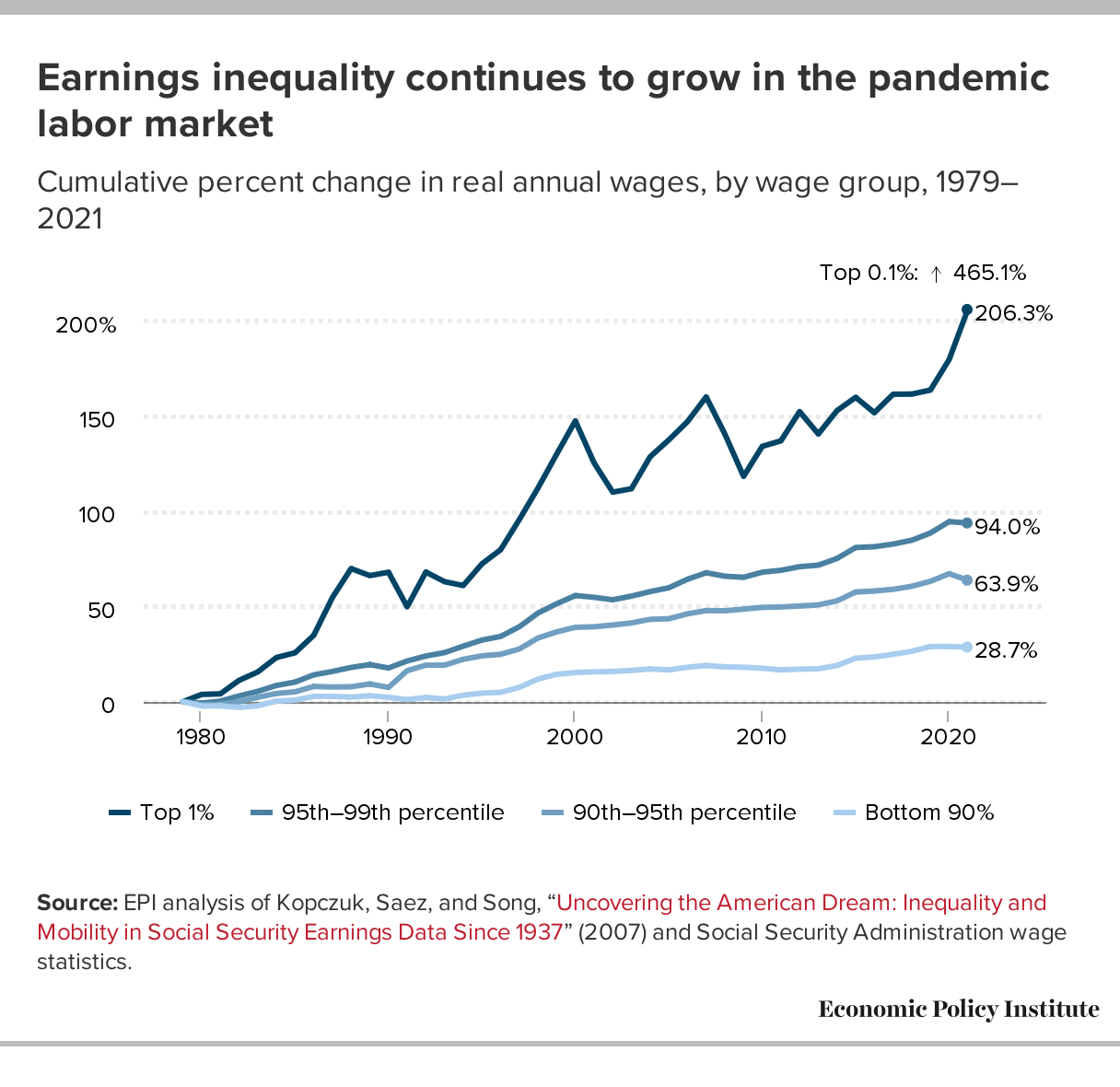bobzilla said:Duke said:In reply to GameboyRMH :
The whole bit about no one being worth more than $300,000 a year lies pretty solidly in the realm of "feelings".
and lets not forget the absolutely made up 91% figures thrown out, the all women make less than men, housing prices, income related to housing etc that I debunked time and again. But sure... BESIDES ignoring all of those things he's right in the "facts".
Let's address each of these. 91% is not made up, you can see the pretty sharp divide between bottom-90% income and that above it here:

On housing prices and income vs. housing, yes you've shown that if you shop around very carefully you can indeed find a '70s-sized house for inflation-adjusted '70s-house money in certain areas. The issue is that those are the screaming deals you can find with today's modern search tools and the assumption that you're ready and willing to move across the country, in the '70s those kinds of prices were just a totally average house purchase, which was likely not a long-distance one either. Not the same thing. The averages aren't lying.
Gender wage gap, totally a real thing. I only mentioned it as example of a very well-documented form of economic injustice. If the gap happens to match the time women take on average for maternity leave, then women who don't take maternity leave are still getting shortchanged throughout their entire careers for something they potentially could have done at some point (but didn't). And underpaying women throughout their whole careers to compensate for any maternity leave they could potentially take kind of defies the point of it anyway.
On the topic of the idea that there's a problem with people making more than $300k, or whatever the maximum people tend to get paid for doing most any form of knowledge work outside of upper management these days is, I was looking it as an issue that can be spotted through trend analysis on the data rather than one that just feels bad. You can graph out top incomes rising abnormally over time and spot those that aren't following the trend of the lower 90%. And what is it that changed about those top jobs over time that made their value rise so sharply in comparison? Something that didn't change about all the other jobs?













































